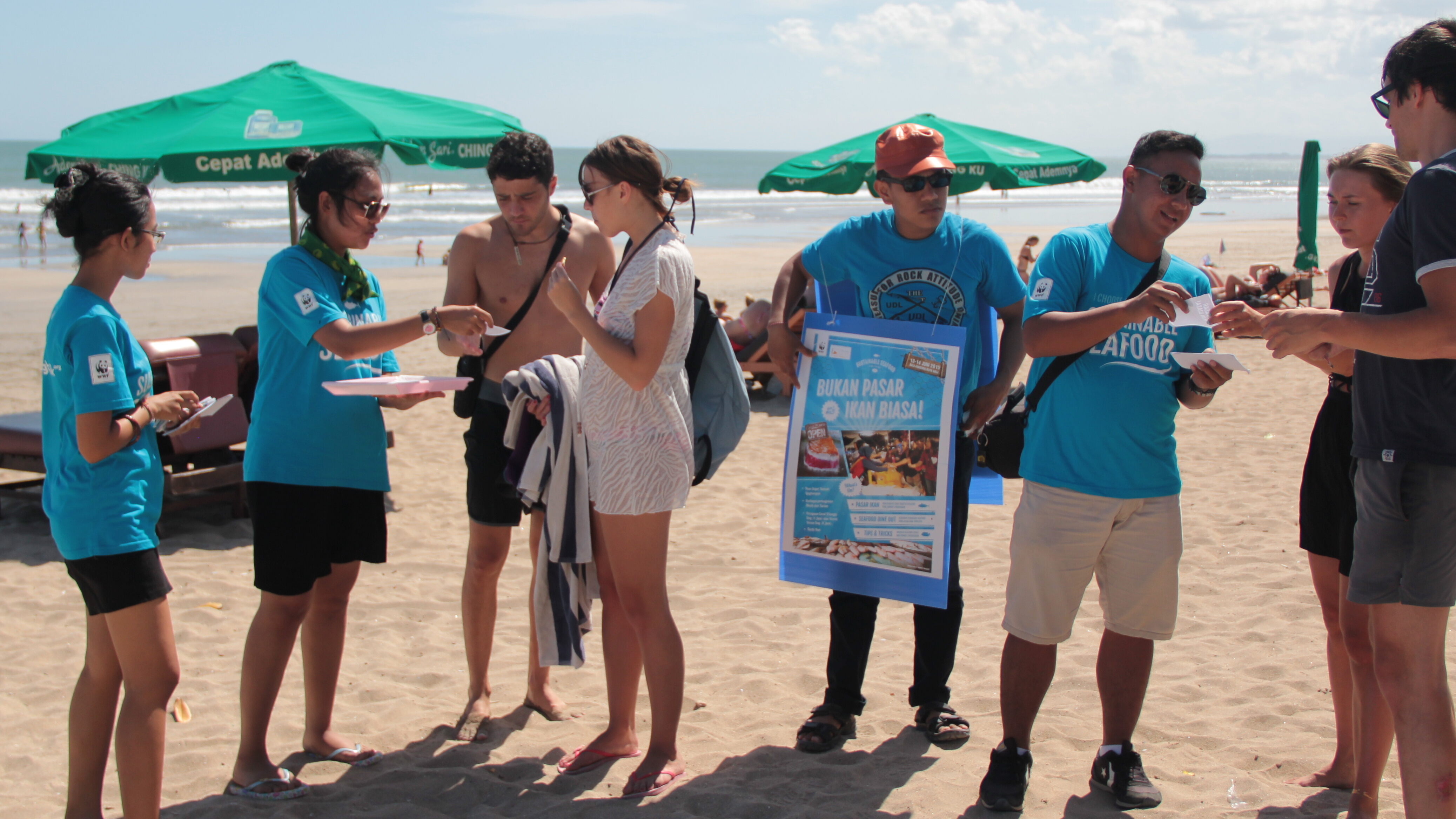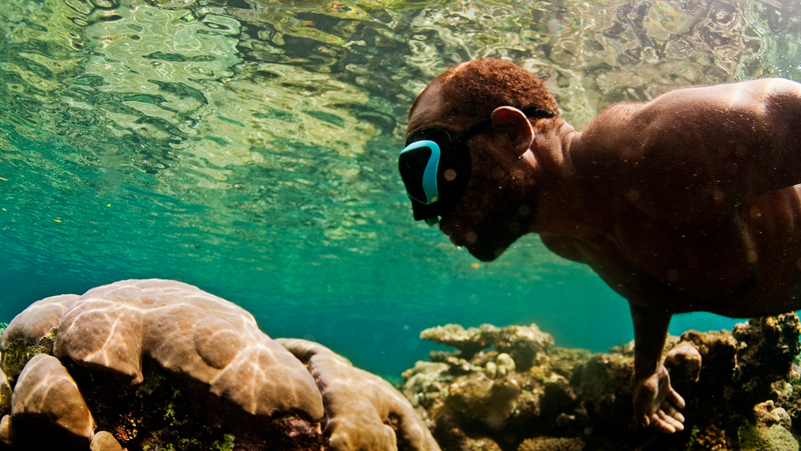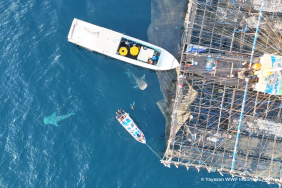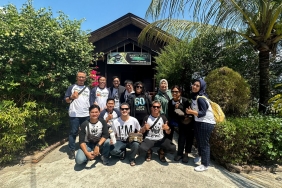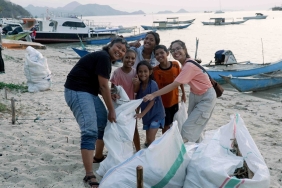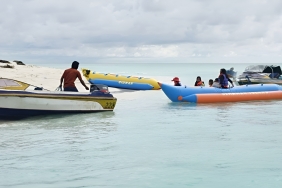SUSTAINABLE TOURISM
ABOUT SUSTAINABLE TOURISM
Maritime tourism is an important sector of tourism in general, and it also has substantial economic value. The forms of marine tourism are now increasingly diverse and attractive to tourists, such as enjoying a meal at a floating restaurant or traveling around on a recreational boat.
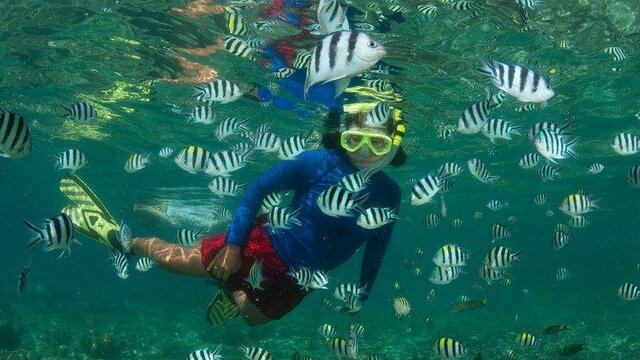
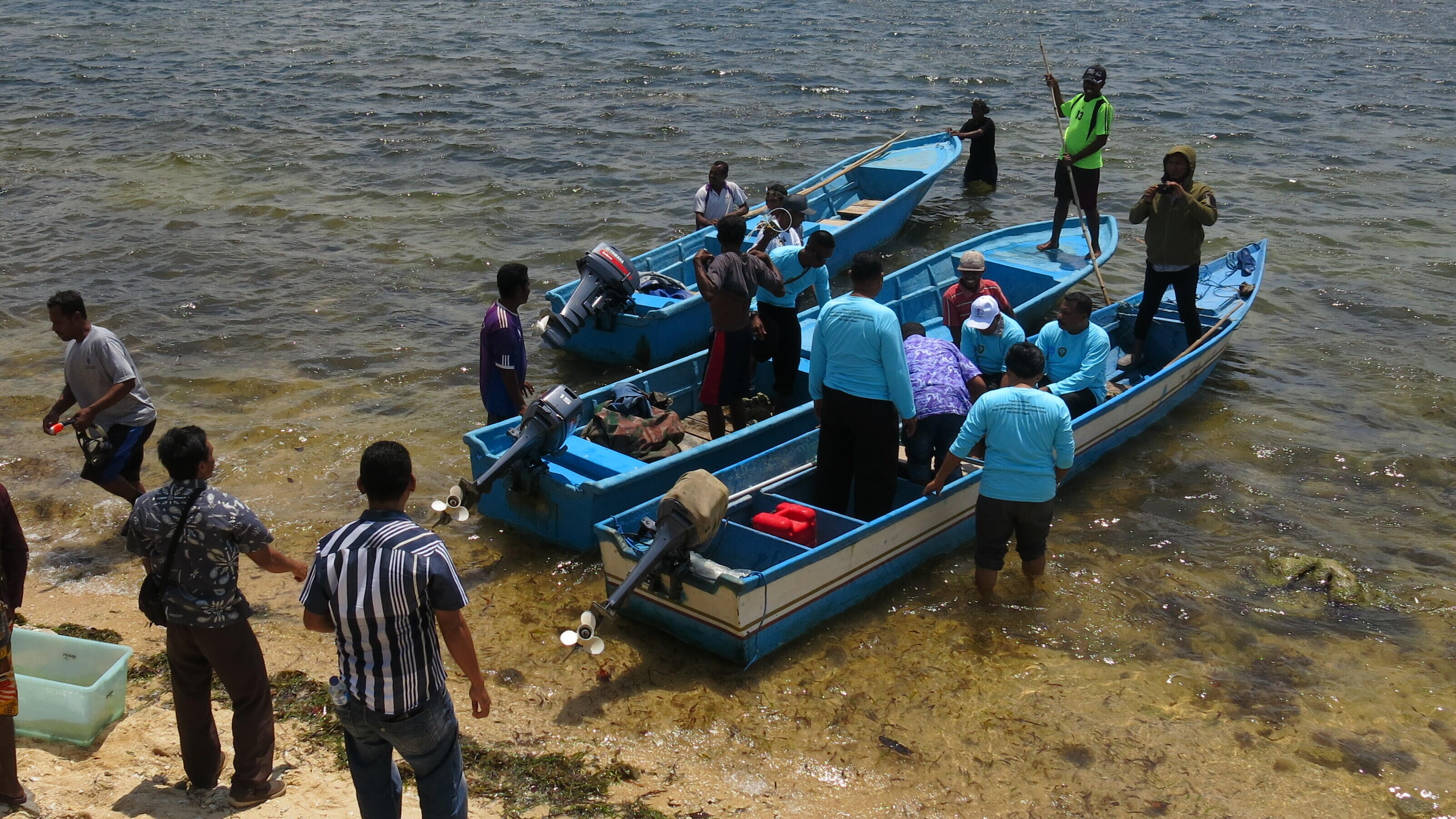
THE THREATS
The increasing of tourist visitation in coastal areas gives chance to increase pressure on coastal ecosystems, which if not anticipated can lead to a decrease in the condition and quality of marine waters. Not only that, various tourist activities carried out without assistance, or the lack of knowledge of tour guides, as well as tourists who carry out tourist activities, can potentially cause new problems that threaten the balance of the environment and marine biota. If this is not anticipated, in the long run it will certainly adversely affect the sustainability of the tourism sector itself.
WHAT WE DO?
WWF-Indonesia through its Responsible Marine Tourism (RMT) Program is working with the Directorate General of Marine Spatial Management of the Ministry of Maritime Affairs and Fisheries (KKP), as well as practitioners and academics from Jakarta, Bali and Alor to develop Better Management Practices (BMPs) and Guidelines for Supporting Marine Tourism. The current BMPs are an adjustment and development of the Best Environmental Equitable Practices (BEEP) Marine Tourism that was developed in 2015.
